The 20 Best Protein Sources for Vegans and Vegetarians: A Comprehensive Guide
Introduction on 20 Best Protein Sources for Vegans and Vegetarians
For numerous people, conscious of their health and well-being, selecting the correct protein sources is significant and may become an important determinant for a whole lot more of us who follow vegan or vegetarians’ diet. Thereafter, below is an exhaustive list of the top twenty best protein sources for vegans and vegetarians that we have selected with their distinctive nutritious data such as the calories in each component.
- Lentils
Protein Content: 18 grams per cup (cooked)
Lentils not only provide an outstanding source of protein but are also packed with fiber and iron. These are easy to add to different meals like stews and salads.
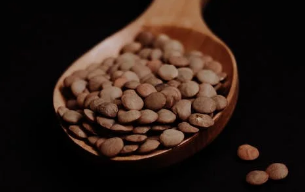
- Chickpeas
Protein Content: 15 grams per cup (cooked)
Garbanzo beans or chickpeas is another store house of protein. They are also good sources of complex carbohydrates and fiber.
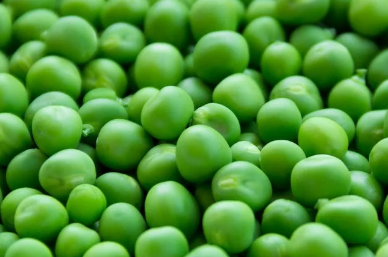
- Tempeh
Protein Content: Three-ounce serving contains 19 g.
Tempeh, made of fermented soybeans, has a strong, earthy taste and provides an ample amount of protein. This food item is also endowed with many probiotics making it friendly on the gut.
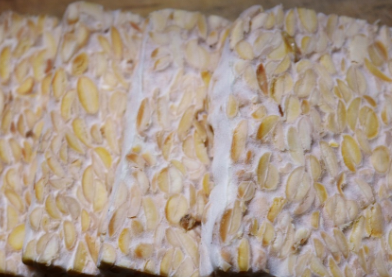
- Seitan
Protein Content: Per 3-ounce serving, 25 grams.
One of the richest sources of protein is seitan that is made from wheat gluten. It is very effective in making meat-like texture.
- Tofu
Protein Content: Half a cup of it contains 10g.
Tofu is a sponge that absorb whatever flavor you cook into it. Tofu, apart from protein, has a lot of calcium and iron.
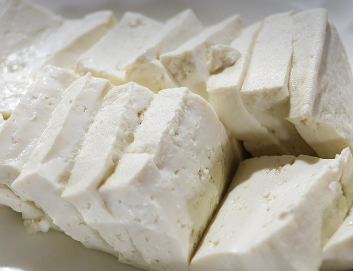
- Spirulina
Protein Content: 8 g per 2 tbsp.
For people who opt for plant-proteins, this blue-green algae is a very nutritional choice. It is also rich in antioxidants apart from protein.
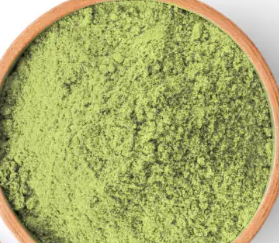
- Nutritional Yeast
Protein Content: 14 grams per ounce
The great thing about this cheesy flavoured condiment is that it’s not only tasty, but it contains a lot of protein. You could sprinkle it on popcorn, pasta or salads.
- Quinoa
Protein Content: 8 grams per cup (cooked)
Quinoa is a food which contains all of the nine essential amino acids that are required for the body. They also have plenty of magnesium and phosphorus.
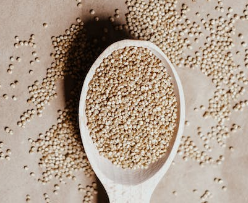
- Black Beans
Protein Content: 15 grams per cup (cooked)
There is a lot of protein in black beans, as well as fiber. Also, they are rich in minerals such as iron and phosphorus.
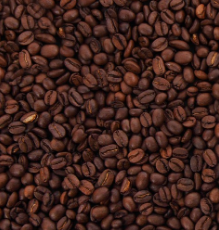
- Chia Seeds
Protein Content: 4g per 2-table spoon.
You can add chia seeds to your smoothies, yogurt, or baked foods. They are nutritious because they contain protein and omega-3 fatty acids.
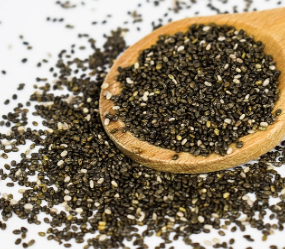
- Hemp Seeds
Protein Content: 10 g/ 3 tbsp.
Hemp seeds are a complete source of proteins, rich in omega-3 and omega-6 fatty acids.
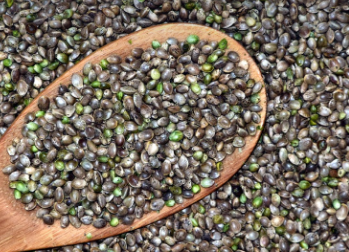
- Avocado
Protein Content: 3 grams per cup (sliced)
Avocados do not have as much protein as some of the products that are listed here but they provide a wide range of other benefits such as potassium and even healthy fats.
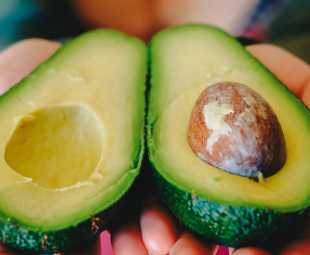
- Almonds
Protein Content: 6 grams per ounce
Almond is a good source of protein, contains vitamin E and has healthy fats as well.
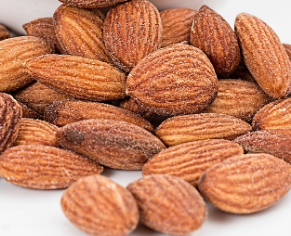
- Pumpkin Seeds
Protein Content: 7 grams per ounce
Pumpkin seeds supply protein is also rich in magnesium and zinc, required by the immune system.
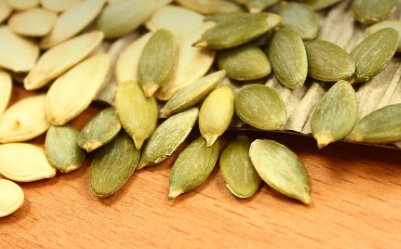
- Peas
Protein Content: 8 grams per cup (cooked)
Surprisingly, peas are a source of protein while also very rich in Vitamin K and fibre.
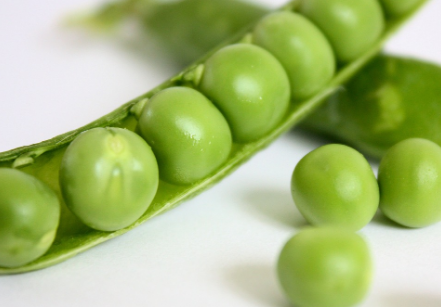
- Cashews
Protein Content: 5 grams per ounce
Cashews are perfect as vegan cheese or sauce because they have a creamy consistency and rich protein content.
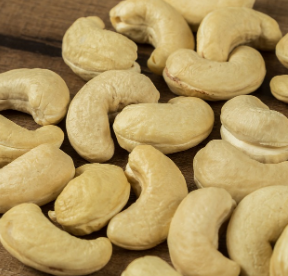
- Sunflower Seeds
Protein Content: 6 grams per ounce
Another nourishing option, sunflower seeds offer plenty of protein and vitamin E.
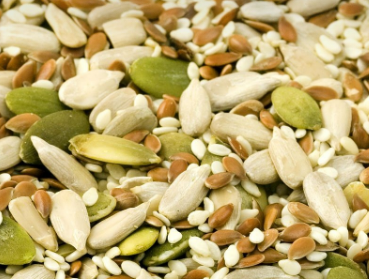
- Oats
Protein Content: 6 grams per cup (cooked)
Oats contain reasonable amount of protein and have much soluble fiber that promotes digestion.
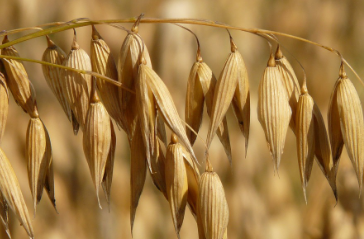
- Sweet Potatoes
Protein Content: two g/medium sized potato.
Though low in protein, sweet potatoes have many other vital nutrients, such as vitamin A and fibre.
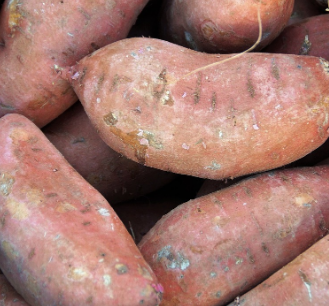
- Spinach
Protein Content: 5 grams per cup (cooked)
Besides offering protein, spinach is also rich in vitamins such as A, C, and K.
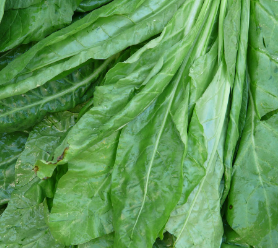
It’s easier than ever to explore a plant-based protein world. In this way, the diet is no longer only about fulfilling its protein requirements, but also includes the intake a wide array of the necessary ingredients of nutrition leading up to the balanced diet.
Frequently Asked Questions (FAQs)–20 Best Protein Sources for Vegans and Vegetarians
1-Have the protein amounts referred to been standardised?
Note that the listed protein quantities refer to averages amount per portion, which may differ by brand and a method of cooking.
2-Could I Substitute One Protein Source with Another in recipe?
While some proteins can be substituted within a recipe, other nutritious elements and different tastes must also be recognized.
3-What are complete proteins?
There are nine essential aminos that must present in sufficient quantity, for a complete or high quality of protein. Some complete plant-based proteins include quinoa and hemp seeds.
4-Vegan or vegetarian getting enough protein?
Protein is completely achievable with a balanced and designed vegan/vegetarian diet. Some of these plant-proteins carry with them additional health benefits.
5-Can I mix different protein sources in the same meal.
Yes indeed, mixing diverse protein sources brings about a diverse nutrient value that helps in enhance taste and texture of meals.
6-Does this type of protein source have allergency problems?
Certain people can be allergic to some protein sources such as nuts and soy. If you have food allergies, always check and consult with healthcare professionals.
7-Is organic better?
It is purely individual’s decision whether one opts for organic or not. However, organic options could be pricy even as they have few pesticides.
8-Plant-Based Proteins vs Animal-Based Proteins.
They have different nutrient composition and are usually low in fat and calories compared to animal-based ones. Nonetheless, they may need mixing with other protein sources in order to contain all essential amino acids.
9-Should I cook all these protein sources?
Nuts and seeds may be eaten raw but consumption of grains such as legumes and certain cereals have to be cooked for proper digestion.
10-How should we store these protein sources?
Protein storage also differs by their sources. Nuts and seeds should ideally be kept in a cool, dark place while perishable components such as tofu and tempeh require refrigeration.
Disclaimer on 20 Best Protein Sources for Vegans and Vegetarians : Only for general information. We attempt at providing timely updated and accurate information; however, there are no guarantee implied or expressed that our data is complete, accurate, reliable, suitable, or available.
You use such information at your own risk. Consult always with a nutritionist and healthcare provider about your own dietary recommendation.
Also watch: Unlock a Healthier You: Here are some fruit lists to eat on empty stomach.


